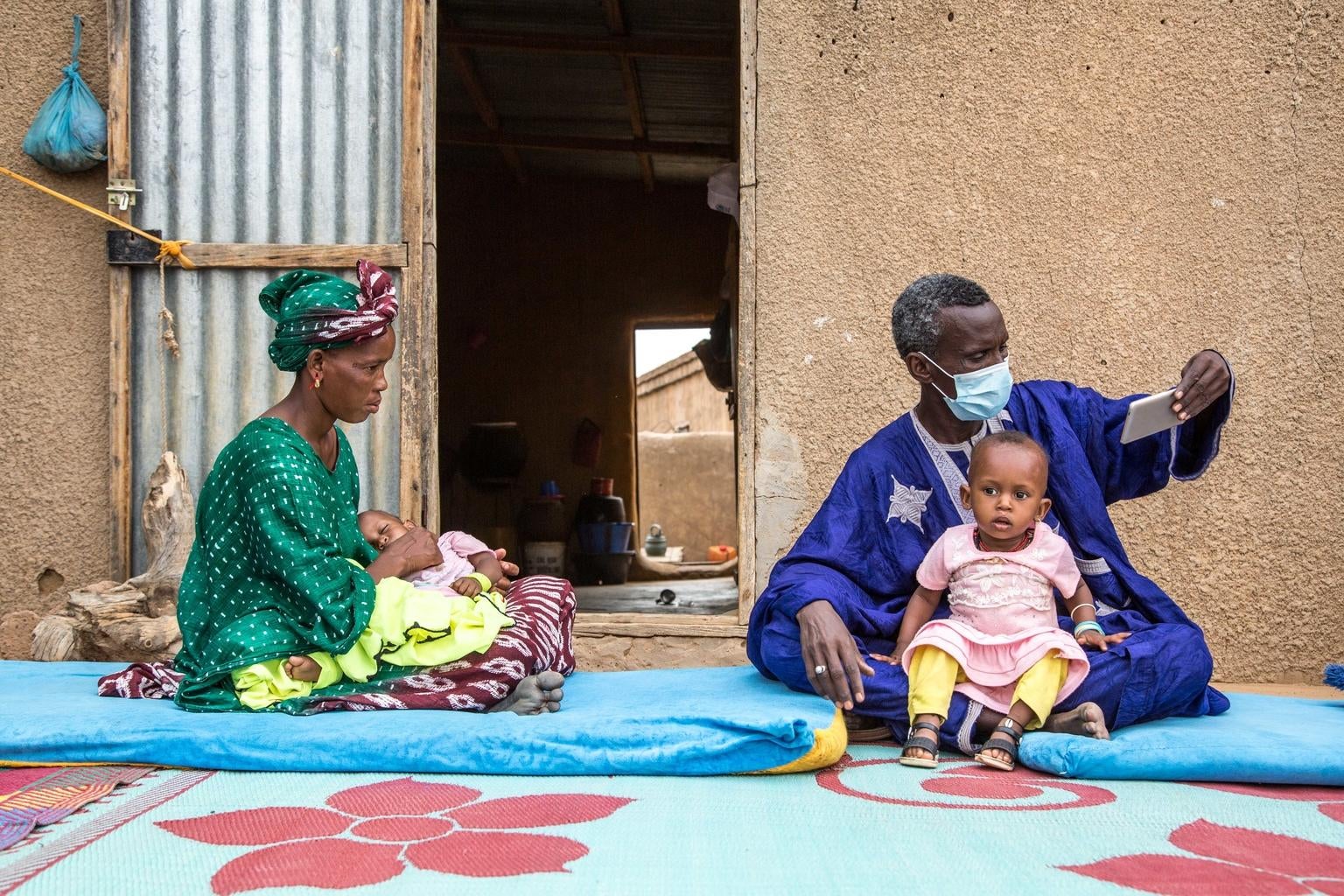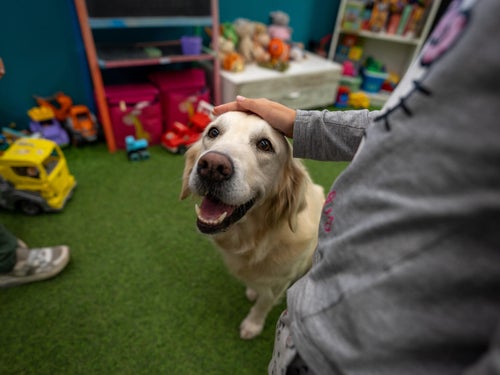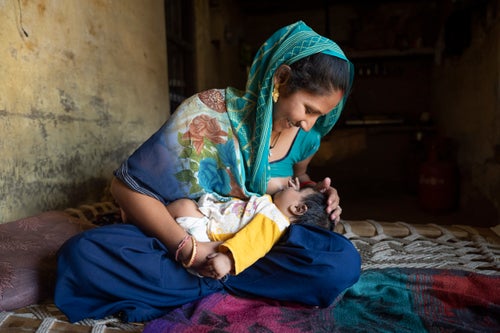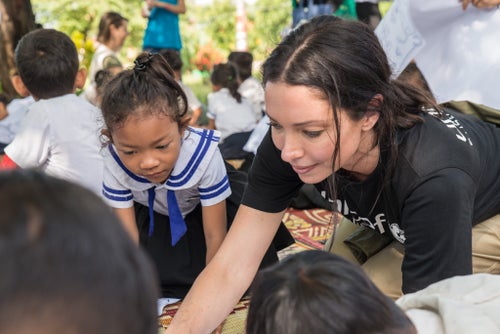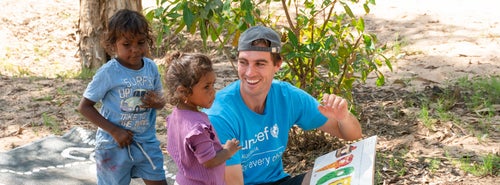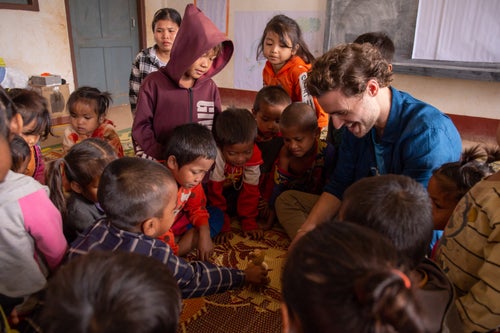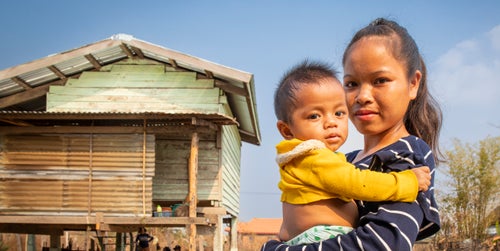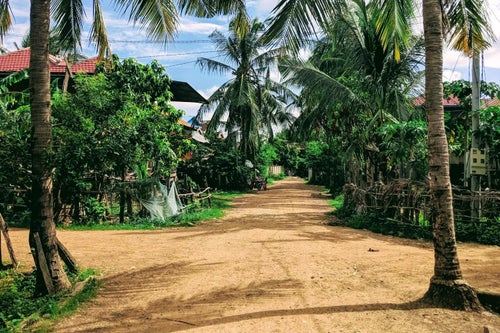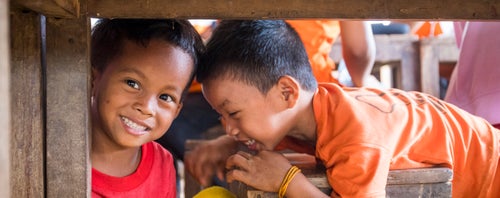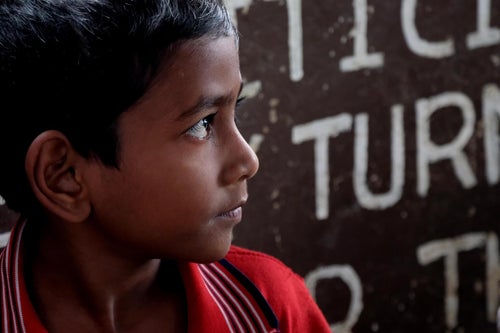He may not look like it with his fashionable sunglasses and flowing blue robes, but Mamoudou is a true pioneer.
In his country, Mauritania, a vast desert bordered by the Atlantic Ocean to the west, Senegal to the south, Mali to the east, and Algeria and Western Sahara to the north, more than one quarter of the population is food insecure.
This means that they run out of food and often go a full day, or even more, without a meal to eat. Beyond this portion of the population, are even larger numbers of children suffering from micronutrient deficiencies, which can lead to stunted growth in children and increased risk for diseases in adulthood including rickets (lack of vitamin D), scurvy (lack of vitamin C), and osteoporosis (lack of calcium).
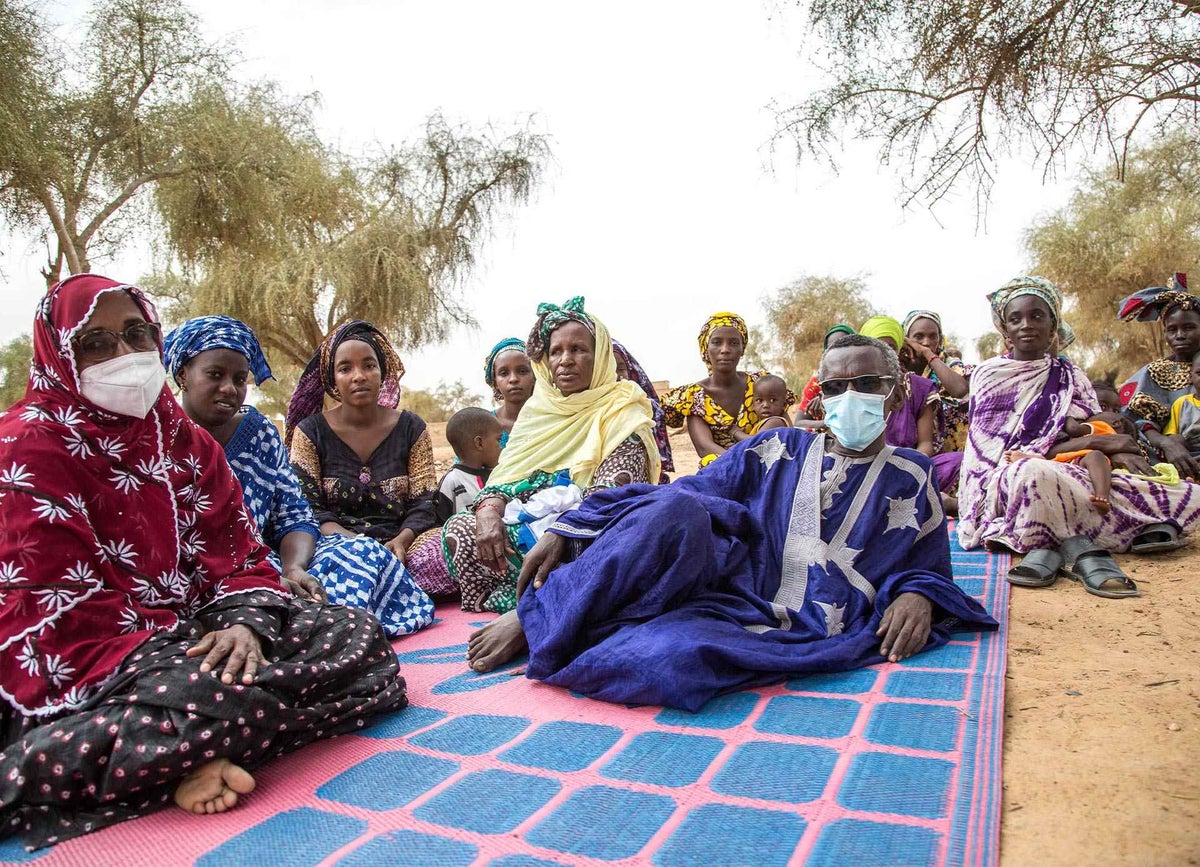
In Mamadou’s village, like in many places around the world, mothers bear the overwhelming burden of ensuring their children have the food they need to survive and thrive.
When UNICEF teams visited however, this outgoing teacher and father of seven children was immediately convinced that if the fight against chronic malnutrition was to be won, men had to step up and play their part.
"I am a native of the village of Djinga. It is a small Peulh village located in the Gorgol region [of Mauritania]," says Mamoudou.
"For a long time, our children suffered from malnutrition"
"For a long time, our children suffered from malnutrition. Here, we have no electricity and the nearest market is more than 20 kilometres away, so our food is not very diverse. We mainly consume what we produce in neighbouring fields."
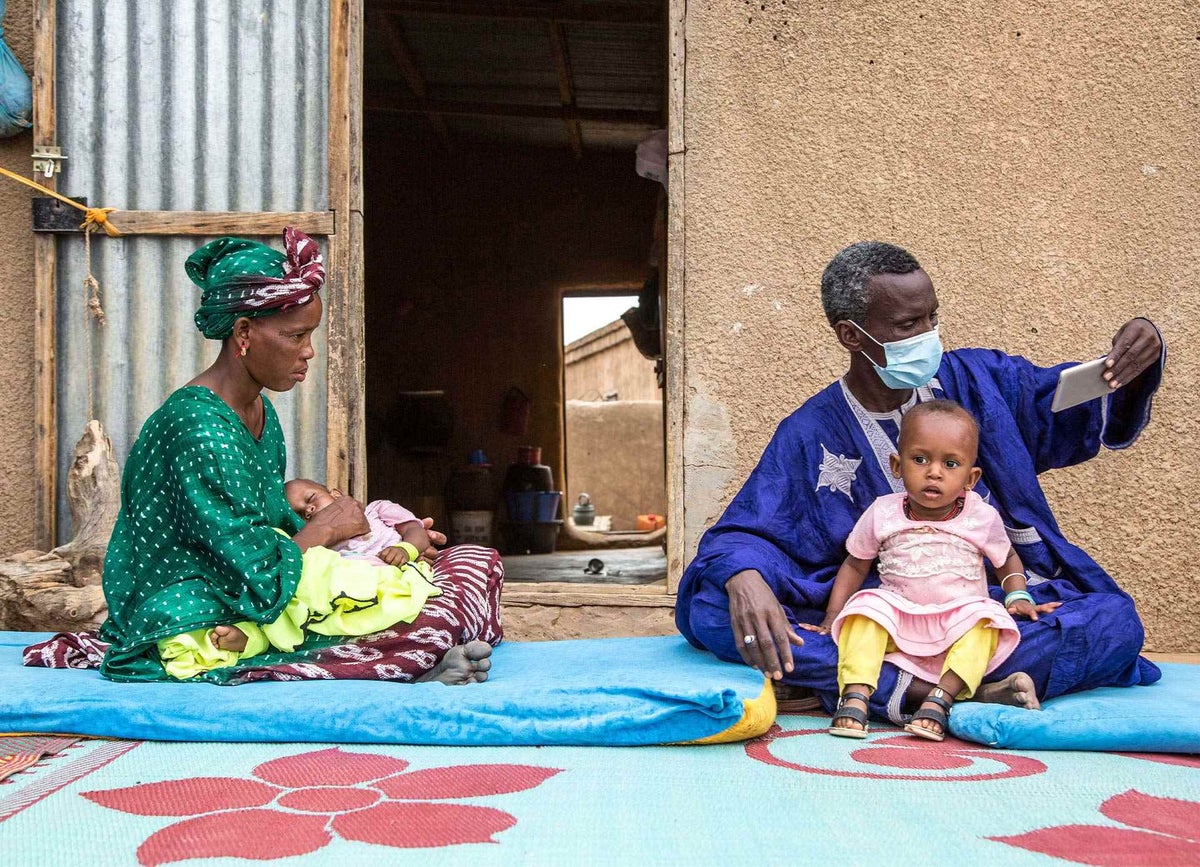
Beyond spreading awareness about how families can best feed their children, in Mamadou’s village, UNICEF teams are promoting the local production of foods rich in micronutrients (also known as vitamins and minerals) including vegetables, eggs, milk and meat.
This approach empowers communities to use their available resources to their full extent and helps ensure that food is actually accessible for local families.
"Before the start of the project, UNICEF carried out a diagnosis which enabled us to observe that our problems were mainly linked to poor nutritional practices and a diet poor in micronutrients present in meat in particular," says Mamadou.
"They participated in the construction of a slaughterhouse and set up a working fund for the purchase of livestock. From the start, demand was very strong, and we quickly saw the beneficial effects on the health of women and children in the village."
DONATE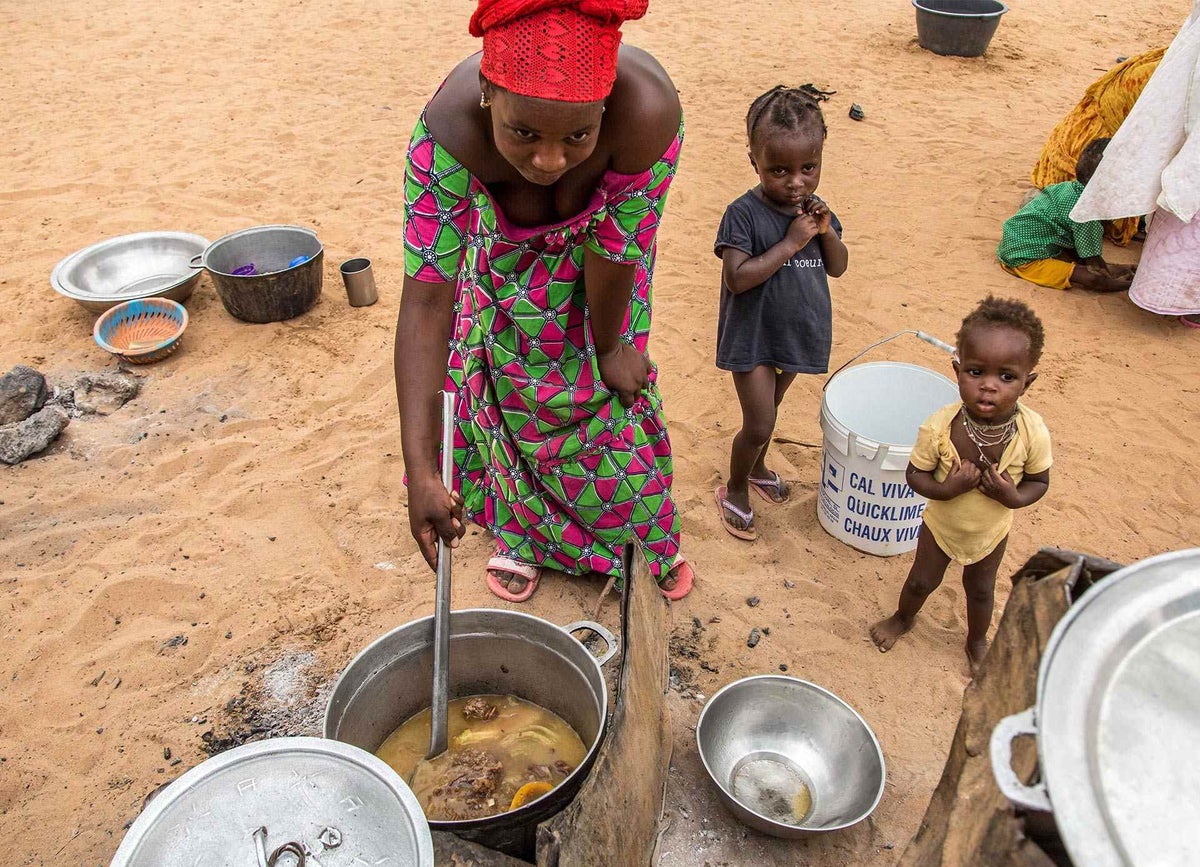
To compliment the work being done to ensure food is readily available in the village, UNICEF has built community discussions groups for pregnant and breastfeeding women where optimal feeding practises are discussed and women share experiences of child raising.
"There are two volunteer resource people in the village," says Mamadour.
"We were chosen by the community because we are influential and cultured people. Our role is to encourage people during discussion sessions to adopt good practices. Each month, we discuss a particular topic."
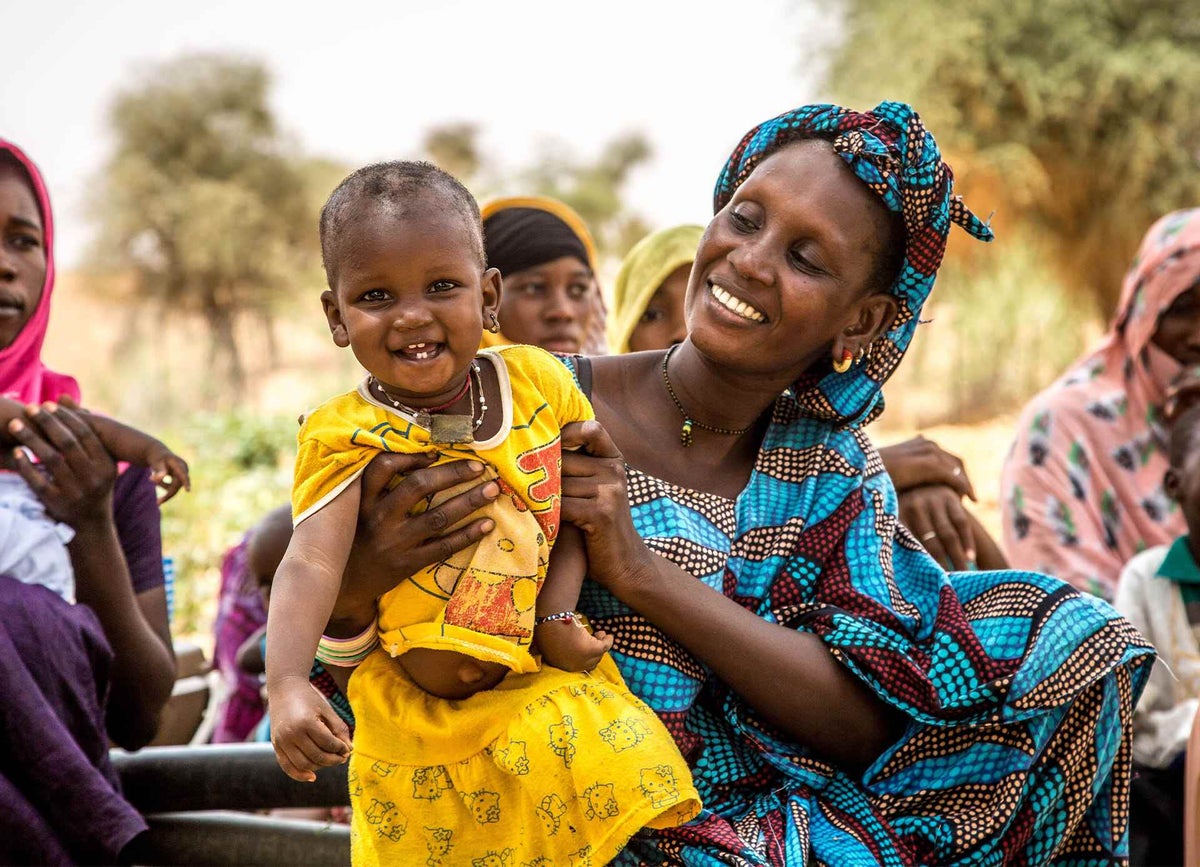
For pregnant women, the emphasis is on attending the scheduled prenatal consultation, the benefits of exclusive breastfeeding from birth (including the magic colostrum and troubleshooting for latch issues).
For lactating women, the importance of exclusive breastfeeding is reiterated for babies aged under six months, while mums of aged from six to 23 months are advised to continue breastfeeding while adding complementary foods such as fortified porridge.
The men of the village are also invited to participate in the meetings.
"We ask all men to participate including the village chief, imams, teachers and fathers," says Mamadou.
"At first, they were rather reluctant because traditionally in our culture, men do not interfere in women's affairs. But they quickly understood that the success of the project also depended on their commitment."
"Some fathers have even decided to accompany their wives to medical consultations. It is a great victory for us."
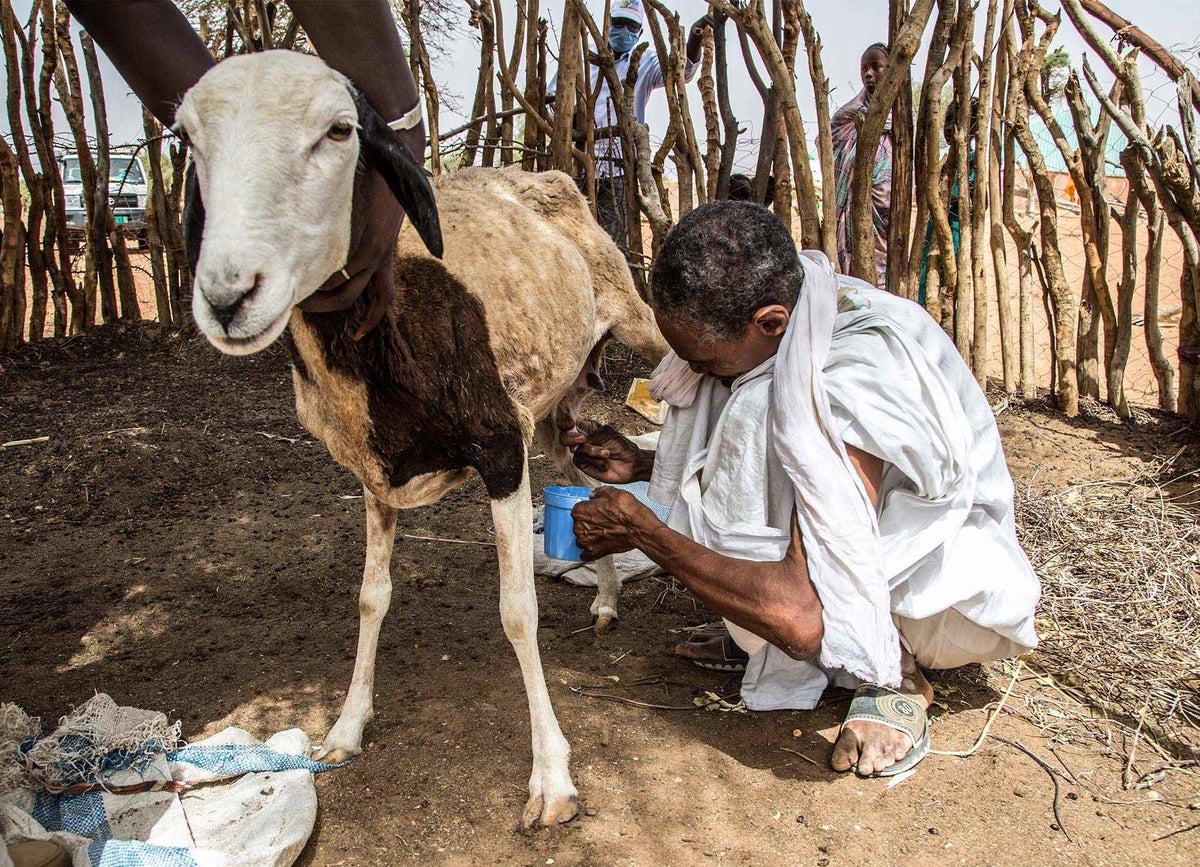
Related articles
Stay up-to-date on UNICEF's work in Australia and around the world



